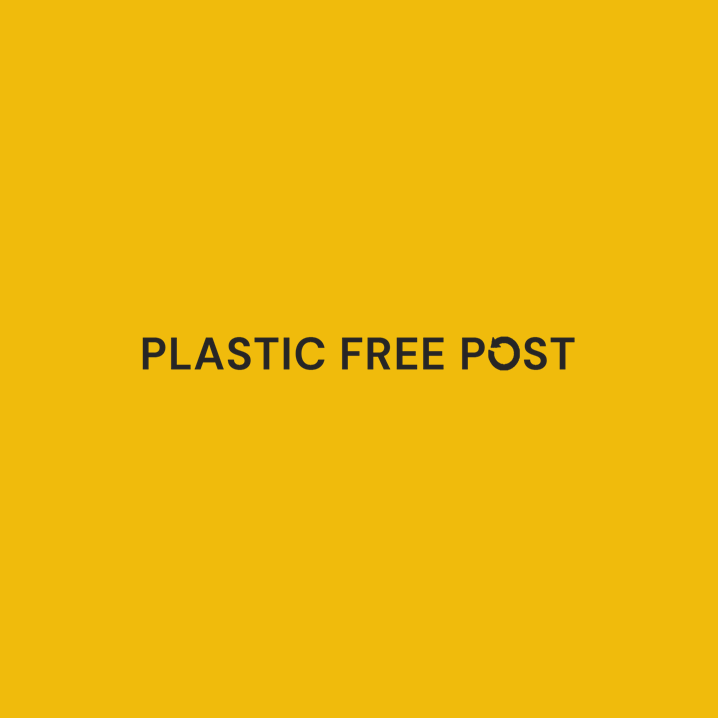Click here to subscribe to the Plastic Free Post weekly newsletter.

Dear Reader,
| This week, in a significant U-turn representatives have confirmed that the US no longer supports a cap on plastic production in the UN Global Plastics Treaty. Five members of the Alliance to End Plastic Waste produced 1,000 times more plastic than the alliance has removed from the environment in the same period. The Welsh Government has pulled out of a UK-wide Deposit Return Scheme over the decision to exclude glass. EU Member States are again facing legal action for failing to comply with waste management laws that tackle plastic packaging pollution. Finally, the consistent tide of plastic waste flowing into a major hydroelectric dam in eastern Congo is causing regular power cuts in several major cities as local authorities scramble for a long-term solution. |
As always, we hope you enjoy reading.
John Higginson
Editor-in-Chief
Plastic Free Post
US no longer supports capping plastic production in UN treaty
| Despite confirmation in August from the US State Department that the country will support of a cap on plastic production, policymakers have backtracked. According to representatives from five environmental organisations, White House staffers told advocacy groups in a closed-door meeting that they now did not see mandatory production caps as a viable option in the UN Global Plastics Treaty. A spokesperson for the White House Council on Environmental Quality confirmed that while US negotiators have endorsed the idea of a “‘North Star’ aspirational global goal” to reduce plastic production, they “do not see this as a production cap and do not support such a cap.” Campaigners who attended the latest meeting from the Society of Native Nations called the developments “absolutely devastating.” |
Read more here.
Five firms in plastic pollution alliance ‘made 1,000 times more plastic than they cleaned up’
| The Alliance to End Plastic Waste (AEPW) was set up in 2019 by a group of companies which include ExxonMobil, Dow, Shell, TotalEnergies and ChevronPhillips, some of the world’s biggest producers of plastic. They promised to divert 15 million tonnes of plastic waste from the environment in five years to the end of 2023, by improving collection and recycling, and creating a circular economy. However, analysis by Wood MacKenzie reveals the five companies alone produced 132 million tonnes of two types of plastic in five years – more than 1,000 times the weight of the 118,500 tonnes of waste plastic the alliance has removed from the environment in the same period. Early last year the alliances’ target of clearing 15 million tonnes of waste plastic was quietly scrapped as it was “just too ambitious”. |
Read more here.
Welsh Government pulls out of four-nation deposit return scheme
| Earlier this month, the UK Government confirmed that it would not include glass in the deposit return scheme (DRS) that would span the four nations. Now, the Welsh Government has announced it is leaving the UK-wide DRS to establish its own scheme that includes glass and has a focus on reuse. Environmental campaigners including Jane Martin, CEO of City to Sea reacted with calls for Labour to “get on board” with glass as recent data from the charity found 77 percent of the public agree the government should introduce an ‘all in’ system. |
Read more here.
EU Member States under fire again for improper waste management
| The European Commission is taking legal action against several Member States for failing to comply with EU law. France has allegedly failed to address the shortcomings of its labelling requirements regarding waste sorting instructions for its EPR, whilst Hungary is among several nations accused of failing to ensure that waste is separately collected for reuse and recycling does not end up in landfill. As the EU prepares for the incoming Packaging and Packaging Waste Regulation which is set to tackle plastic packaging and promote reuseable and refillable packaging, the Commission is cracking down on rules to help with the new legislation. Earlier this year, all 27 Member States were subject to an infringement procedure for missing legally binding collection and recycling targets. |
Read more here.
Plastic waste chokes Congo dam, causing widespread power cuts
| A tide of plastic waste flowing into a major hydroelectric dam in eastern Congo is causing regular power cuts in several major cities, creating a challenge that local authorities are trying to solve. However, surface-level cleaning isn’t enough as the waste accumulates to a depth of 14 meters, with divers required to clean the riverbed to prevent turbine blockages. The problem is linked to the growing use of plastics coupled with a lack of waste collection in the region. Heavy rainfall causes waste to flow down from the mountainous terrain to the lake, where it collects and blocks the machinery. Each day cleaners attempt to extract the plastic and despite their efforts, the plastic accumulates and causes ongoing outages. |
Click here to subscribe to the Plastic Free Post weekly newsletter.
